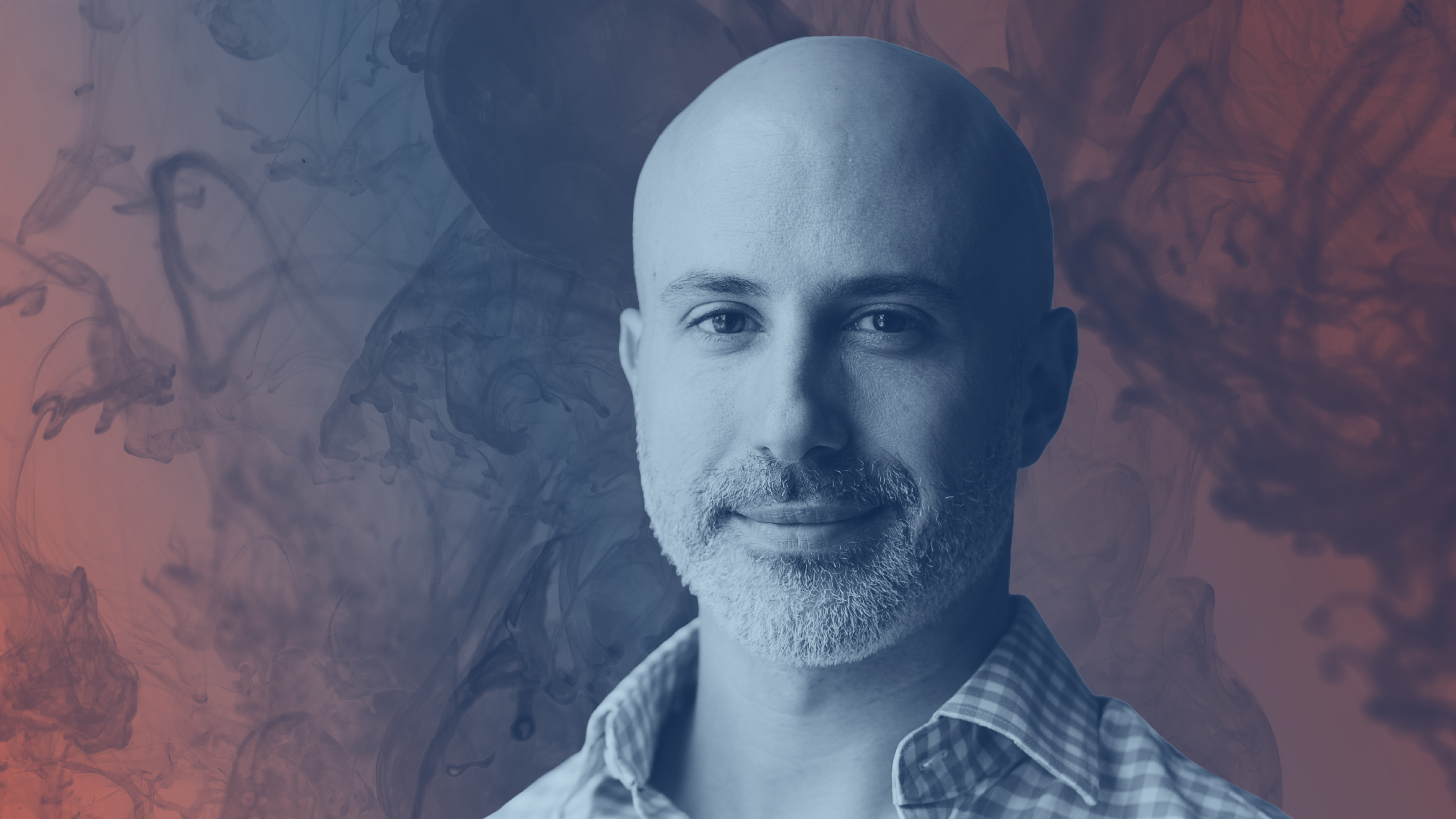
Telehealth harnesses telecommunications to enhance the accessibility of psychedelic healthcare, delivering medical services to patients digitally.
Services that can be delivered without physical human interaction are increasingly being moved online, as digitisation permeates the industry.
Patients can be diagnosed quicker and treatments start sooner, through the coordination of medical resources in disparate locations, with practitioners able to remotely monitor individuals to reduce congestion at medical facilities.
This is particularly beneficial for the chronically ill, remote and elderley patients, who often require regular supervision and treatments that can be self administered.
Psychedelic-assisted therapy at home
Telehealth experienced a surge in popularity during the outbreak of COVID-19, as a safer and more efficient alternative to visiting medical centres. In response to the pandemic, the US government allowed healthcare providers to conduct online therapies with controlled substances – opening the door for ketamine-assisted therapy at home.
The sector’s adoption of telehealth, like remote-working, was accelerated by the pandemic and will be carried into the future. According to Gartner, in the first quarter of 2020 the number of telehealth visits increased by 50% year-on-year, with 75% of U.S. consumers satisfied with the service they received.
Providing psychedelic healthcare to patients at home widens its accessibility and subsequent adoption. With reduced overheads and group therapy crucially enabling virtual clinics to provide treatments for less.
In the US traditional ketamine clinics typically charge US$600 per treatment, but through telehealth the price can be reduced to under US$250. The investment community identified the lucrative opportunities at the intersection of technology and psychedelic medicine, with Nue Life Health raising US$23 million to scale its telehealth platform for ketamine therapy.
Established ketamine provider Field Trip is collaborating with the organisation to deliver at-home ketamine-assisted therapy, leveraging expertise from 12 physical locations across Europe and North America. As individuals are no longer required to travel to and from clinics, which can be far away, greater convenience coupled with cost could be key to drive adoption.

Ronan Levy, Field Trip’s Executive Chairman, said: ‘In late April we announced that Field Trip’s clinics and technology division is ready to evolve into its own independent, standalone company.
‘As part of that spinout, our name is changing from Field Trip Health to Field Trip Health & Wellness, which is in recognition of our promise to expand access to more people who can benefit from these powerful therapies.
‘Launching Field Trip at Home Powered by Nue Life is the first step in delivering on that promise. We are thrilled to be working with such an established leader in at-home ketamine therapy and we are excited to leverage the power of telehealth to reach a wider patient population.’
The potential for patients and providers
In addition to reaching a wider patient population, psychedelic medicines may be better received in the comfort of a patient’s own home, particularly as set and setting seem intrinsic to their therapeutic value.
Ketamine-assisted therapy sessions normally last an hour, but can be extended at the discretion of practitioners and patients up to five hours. The reliance on therapists for extended time frames has been cited as a key contributor to the cost of psychedelic medicine, but this could be greatly reduced if several patients can be supervised at once virtually.
To ensure quality of care doesn’t suffer at the expense of cost and accessibility, providers conduct comprehensive screening processes and integration sessions before and after treatments with medical practitioners.
As the safety and efficacy of ketamine-assisted therapy via telehealth is tested, lawmakers are looking to integrate telehealth into psilocybin programmes from the outset.
This is done on the understanding that technology may be able to solve scalability issues, creating an equitable accessible marketplace that enables the industry to realise its potential. Those with successful business models combining quality of care, cost and convenience could expand into psilocybin-assisted therapy as legislative frameworks develop.
The Psychedelics as Medicine Report: Third Edition explores the intersection of psychedelic healthcare and technology in-depth. For 200+ pages of industry data and investment insights, download a complimentary copy: https://psych.global/report/


